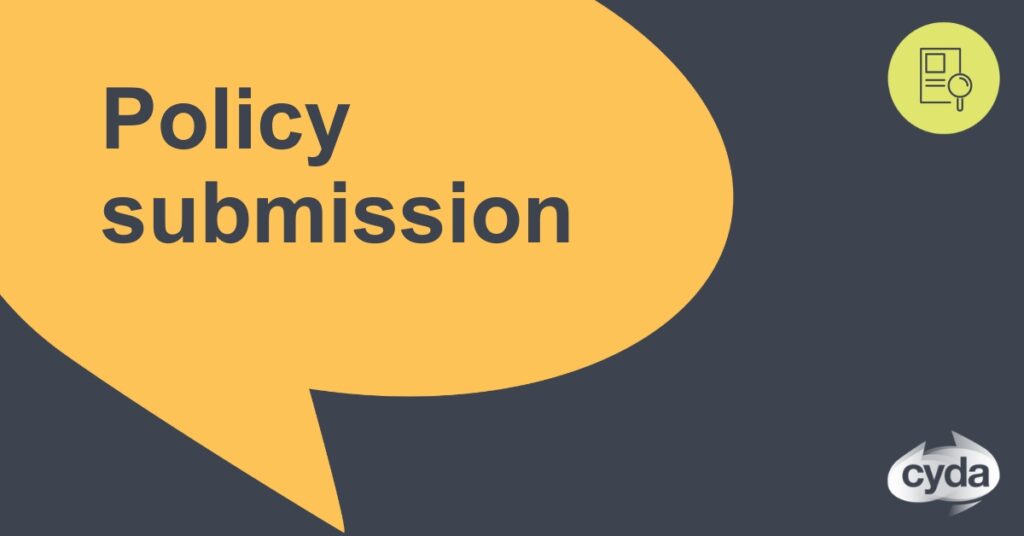The abuse and neglect of children and young people with disability is a longstanding and pervasive social problem. Children and young people with disability experience violence and abuse at approximately three times the rate of children without disability.
You can download our full submission using the buttons above.


